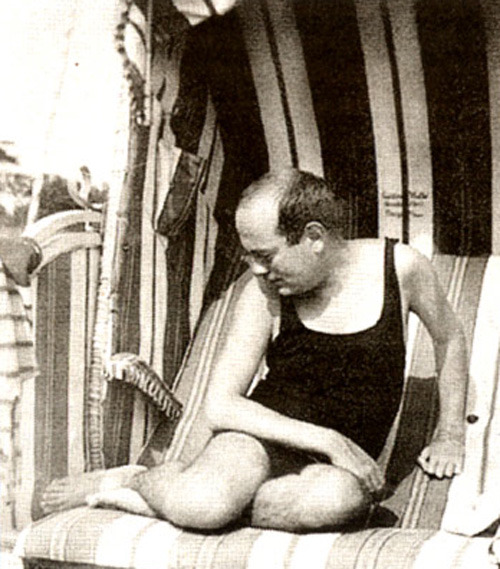
In collaboration with the new Chicago branch of the Brooklyn Institute for Social Research, InterCcECT welcomes you to a moderated discussion on immoderate SLOP.
From the bulldozing of the White House to the rise of ICE Barbie, the visual regime of contemporary American fascism merges violent delight in destruction with nouveau riche vulgarity, middle class mediocrity, and internet meme culture. Despite incessant callbacks to the 1930s and continued deployment of classic fascist themes, contemporary fascism distinguishes itself from its historical predecessors by its speed, virulence, sites of production, and mode of distribution. Hyper-capitalized, decentralized, and algorithmically determined, the big beautiful slop machine and its army of broligarchs, podcasters, tradwife influencers, and internet trolls are rewriting the fascist rulebook, rewiring the libidinal economy of the present, and stacking the deck for capital.
How does the aesthetic regime of contemporary fascism function? What marks the specificity of fascism 2.0 and what does it reveal about the transformations of American and global political life in the age of polycrisis? How does the technical apparatus of postmodern capitalism influence the production, circulation, and consumption of fascist aesthetics? And what, under these conditions, would it mean to resist by “politicizing aesthetics” as Walter Benjamin once enjoined us to?
Anna Kornbluh and Kate Wagner, moderated by BISR Chicago faculty Audrey Nicolaides.
Join us Saturday 28 February, 3-5pm
Twelve Ten Gallery
1104 West Thorndale Avenue
Chicago, IL 60660
This event is co-presented by the Brooklyn Institute for Social Research and Twelve Ten Gallery and is free to attend. $10 suggested donation. Complimentary refreshments will be provided. Please RSVP.
ON OUR CALENDAR:
(with apologies for the unfortunate unusual winter gap, and in anticipation of more InterCcECT mainline events in spring)
16 Feb Extraction: Thea Riofrancos in conversation with Gabe Winant
19 Feb Performing Chance: The Art of Alison Knowles
15 April Lenin with DuBois: Theorizing A Revolutionary Countermood




